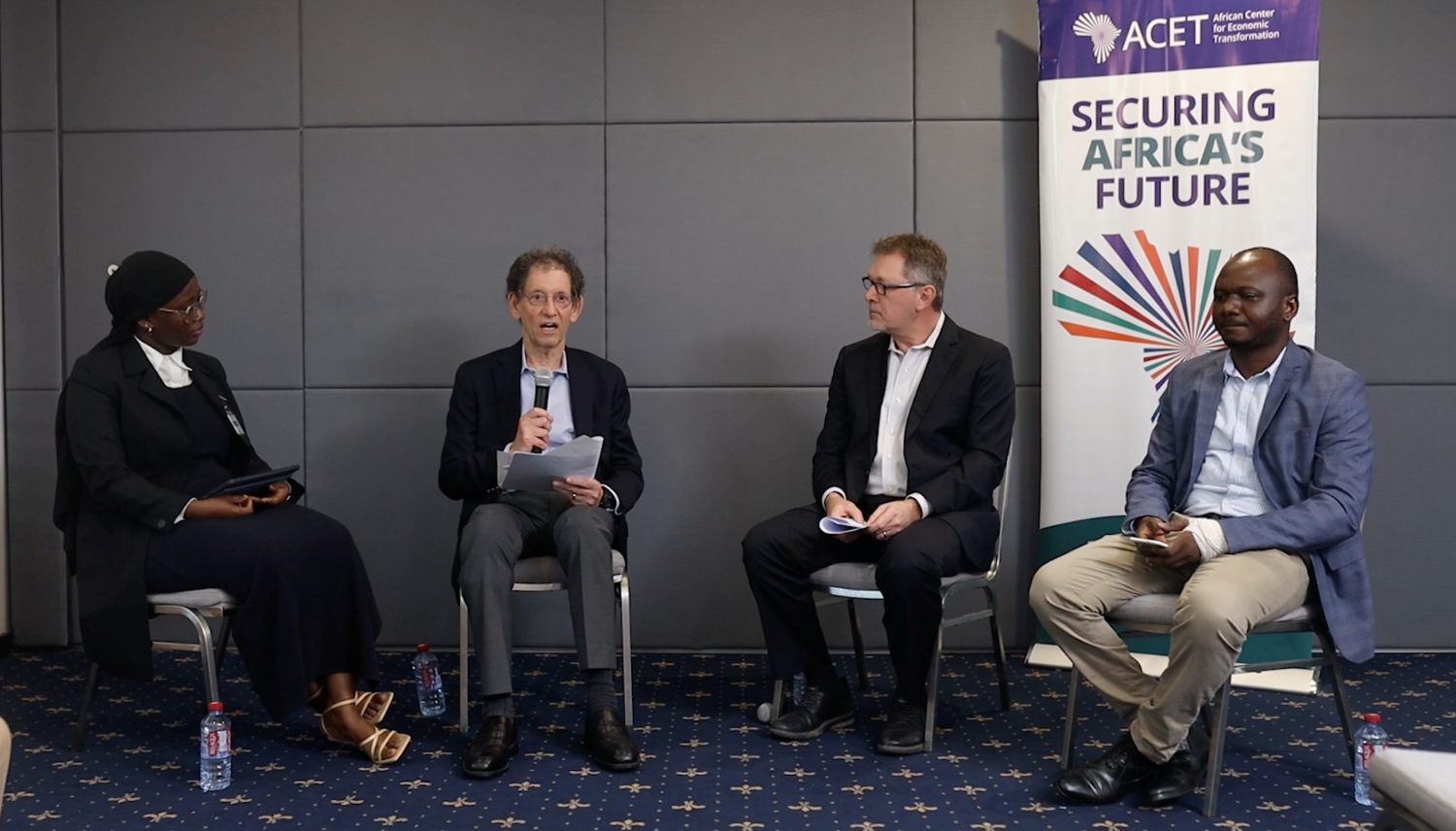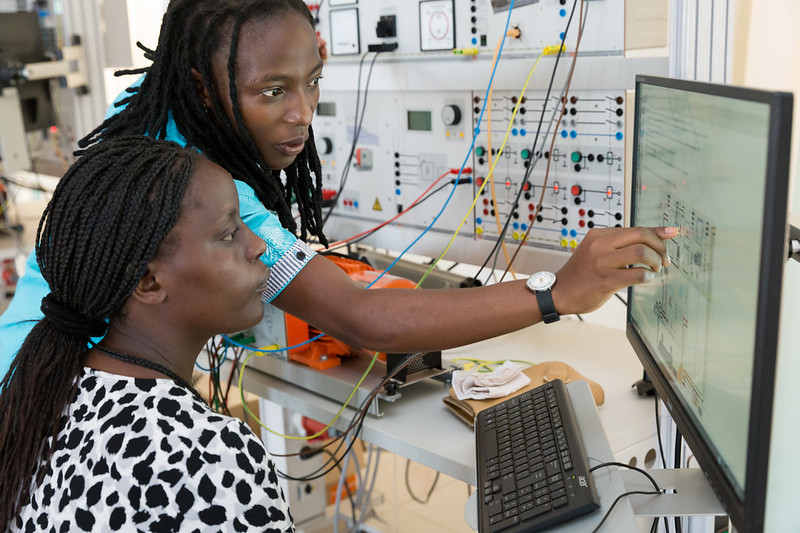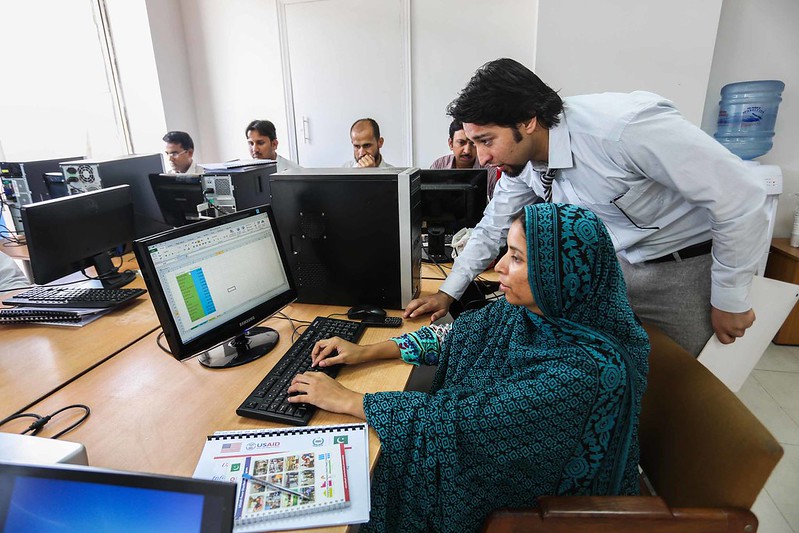The G20 leaders at the summit in Los Cabos, Mexico are no doubt focused on the global economic slowdown and ongoing Eurozone crisis, but an ad hoc group of donors took time on Monday to announce the launch of a concrete development deliverable. The governments of Australia, Canada, Italy, the United Kingdom, and United States, and the Bill and Melinda Gates Foundation will provide up to $100 million in results-based financing, using pull mechanisms such as I have written about here and here to “enhance global food security and improve the livelihoods of developing country farmers.”This is an exciting new initiative, drawing on experience from prizes for innovation and from the advance market commitment, which was launched by many of these same donors in 2005 to spur more rapid roll-out of pneumococcal vaccines in developing countries. This initiative differs from other donor efforts to promote food security by focusing on mechanisms to stimulate innovation and to engage the private sector in the development and delivery of new technologies for smallholder producers.The announcement from Los Cabos lists three pilot projects that will be launched this year:
- incentives for adoption of on-farm storage technologies for smallholder farmers;
- distribution of a biocontrol product to reduce aflatoxin contamination in maize;
- market development for vitamin A fortified maize.
With these initial pilots, donors are mainly focused on promoting the delivery and adoption of existing technologies; still they pledged to continue looking for and developing proposals that will spur innovation for smallholder agriculture. Possibilities for more ambitious projects could include incentives for new fertilizer products that would be less energy-intensive to produce and cheaper and easier for smallholders to use, or more effective vaccines for livestock diseases.So, this first step to use innovative financial mechanisms for developing country agriculture is a cautious one, but the concept note describing the pilots suggests they will only cost around $10 million of the total $100 million committed so far. That is a welcome signal that donors’ support a more expansive initiative.Having written two background papers analyzing pull mechanisms for agriculture and following the development of the initiative for the past two years, I am thrilled to see concrete projects being launched. And I’ll be watching eagerly to see where it goes from here.
CGD blog posts reflect the views of the authors, drawing on prior research and experience in their areas of expertise.
CGD is a nonpartisan, independent organization and does not take institutional positions.





